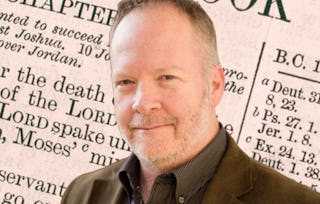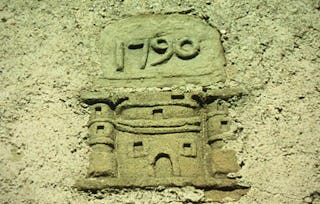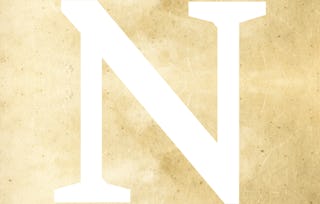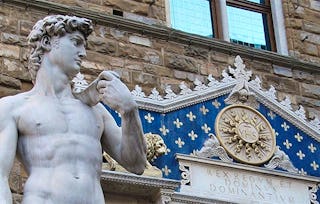Course in French with English subtitles --
Ce cours introduit à la vie et à la pensée du réformateur Jean Calvin (1509-1564) ainsi qu’à son influence sur le monde moderne et contemporain. La démarche proposée se veut critique, il ne s’agit ni de canoniser ni de condamner Calvin, mais de comprendre sa pensée avec toute la distance requise et d’en analyser les enjeux. Au cours de la première semaine, nous explorerons les principales étapes de la vie de Calvin. Les semaines 2 et 3 seront consacrées à l’étude de sa pensée théologique et de son éthique. Enfin, lors des semaines 4 et 5, nous nous interrogerons sur la diffusion du calvinisme dans le monde et la pertinence actuelle de la pensée de Calvin. -- This course is an introduction to the life and thought of the reformer John Calvin (1509-1564) and to his influence on the modern and contemporary world. The approach we develop is critical: we intend neither to canonize nor to condemn Calvin or his thought. Our goal, rather, is to avoid any rash evaluation in order to understand his thought and analyze the issues at stake in it. During five weeks, we will explore together the life and work of the Reformer. During the first week, we will study the main aspects of Calvin’s life. Weeks 2 and 3 will focus on his theology and his ethics. During the last two weeks (weeks 4 and 5), we will ponder how Calvinism became a worldwide phenomenon and ask ourselves what kind of relevance Calvin’s thought may still have today.


















